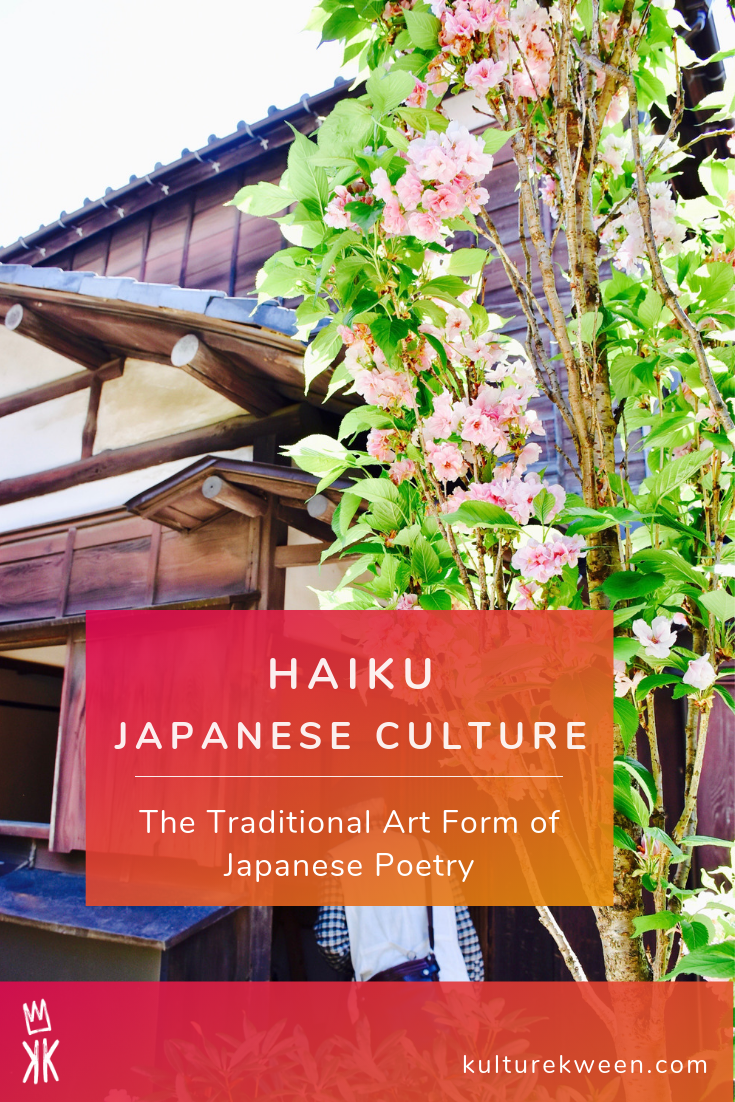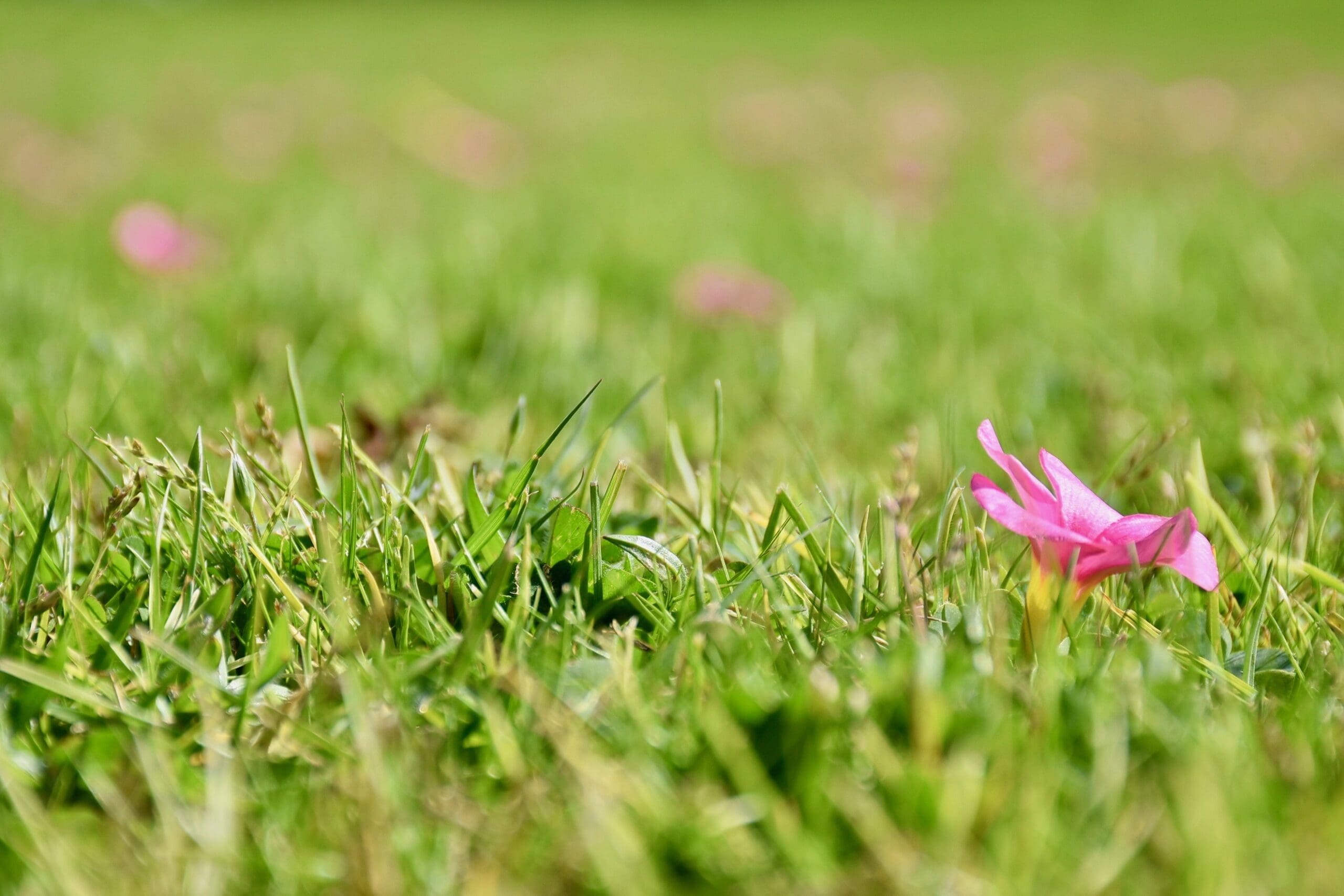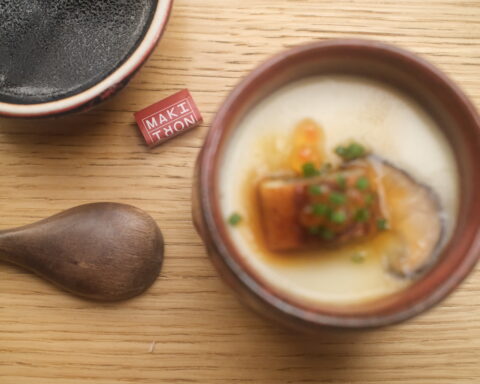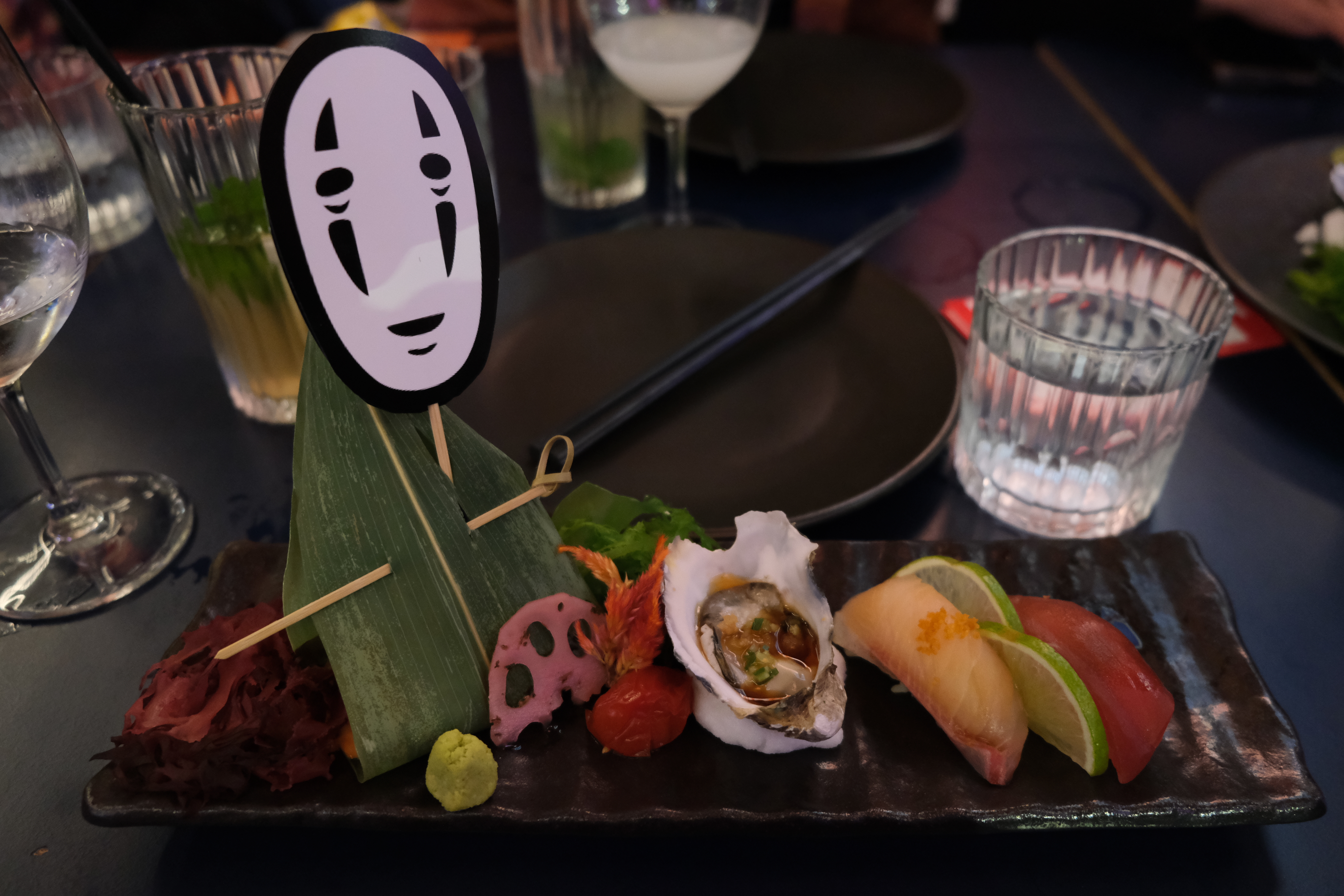Haiku is a traditional form of Japanese poetry. Traditionally it consists of 3 lines. The first and last lines have five syllables, and the middle line has seven syllables. Unlike in western poetry, the lines rarely rhyme. Also, it usually portrays the element of nature and season, called Kugo. A perfect example would be a Haiku about Hanami, the Japanese tradition of appreciating cherry blossoms.
Any talk of it wouldn’t be complete without mentioning Matsuo Bashō, the most iconic Japanese Haiku poet. Known the most for his world-famous poem, Old Pond, Basho was the one who essentially put the foundation of Modern Haiku. Interestingly, even after centuries, it remains a popular art and has integrated well into modern Japanese culture.
The old pond A frog leaps in Sound of the water - Matsuo Bashō
Embracing Haiku

I have been fascinated by it since my junior high Bahasa Indonesia (language class) teacher, Ms Haliya, introduced us to it. And the fact that it’s part of the Japanese culture made young me more drawn to it.
Unlike poetry, which comes from one’s feelings, it is more about being right here, right now—enjoying the beauty of fleeting moments—capturing the concept of wabi-sabi in 17 syllables.
I have always enjoyed reading it as it was easier to understand than most traditional poems or satire. And sometimes, I practice it.
I wrote a Christmas Haiku:-
Warm bright surrounding the tree Light the candles for the season of merry Get festive spread some jolly
and a Diet Haiku:-
It makes me cry inside
Banana is my only nighttime buddy
How sad is that fact
I am walking constantly hungry
Ugliest four-letter word in many language:
I am on diet
Also, a Work version, dedicated to my colleagues and my tiresome soul. I wrote it on a post-it note after working every day for a few weeks.
It has been two weeks
The last time I experienced an evening outside
Year-end closing is here
And it's taking our full attention
9 AM to 9 PM seemed like not enough
Too little if we may
Instead, we reach home at midnight these days
In the morning I see fresh but tight faces of my team
In the night I see loose, but tired faces of my team
I know it’s not great, but at least it’s acceptable by Japanese standards.
Follow me on Instagram @KultureKween for more recent updates.





[…] Haiku the Traditional Form of Japanese Poetry […]